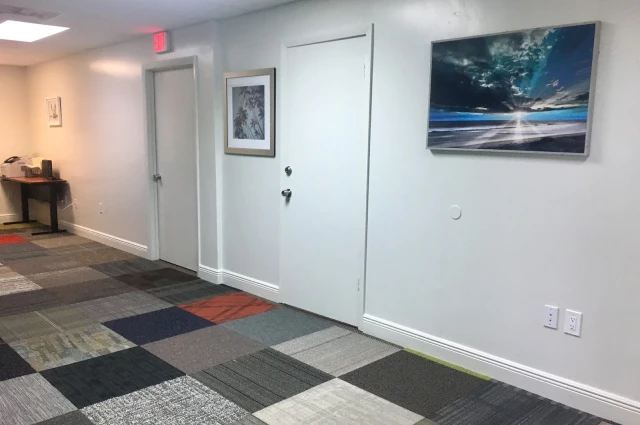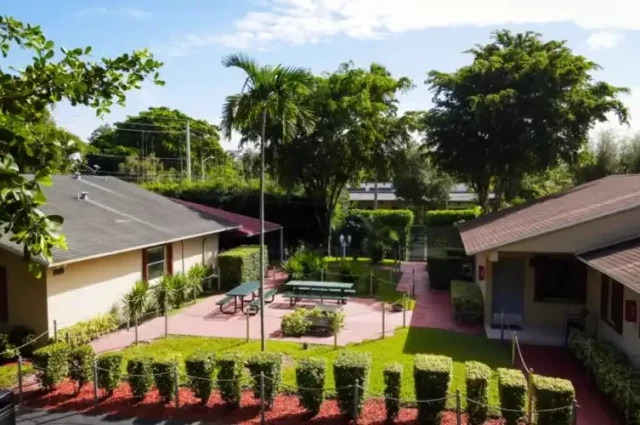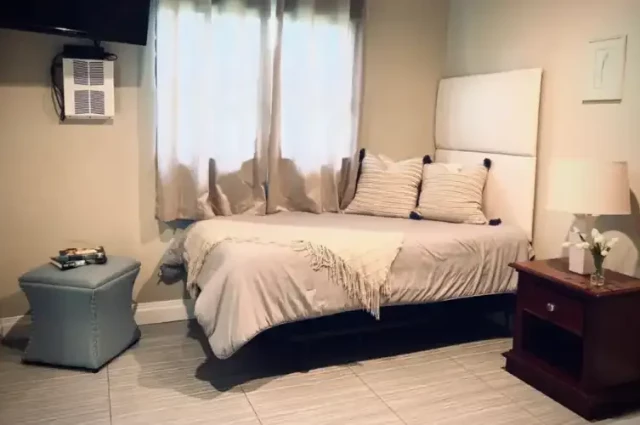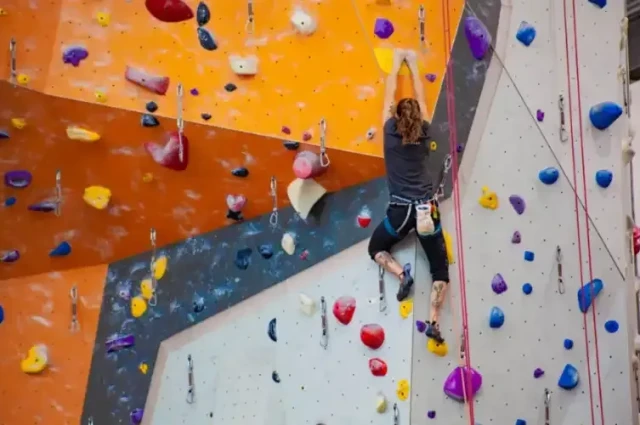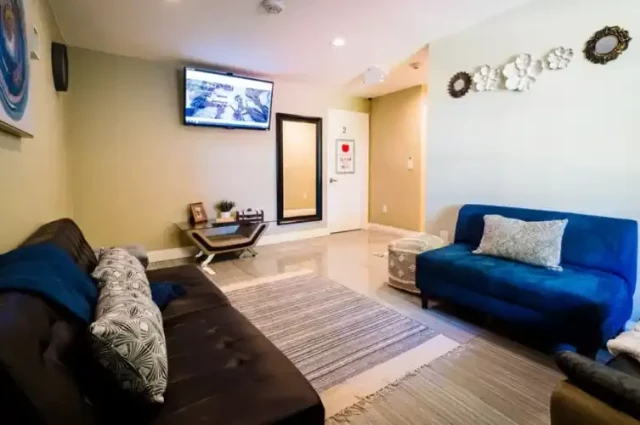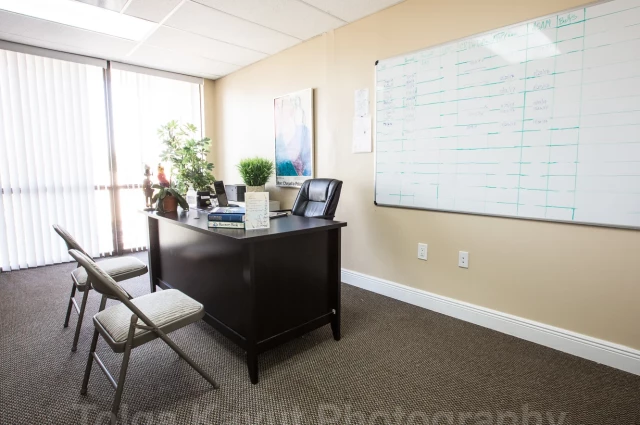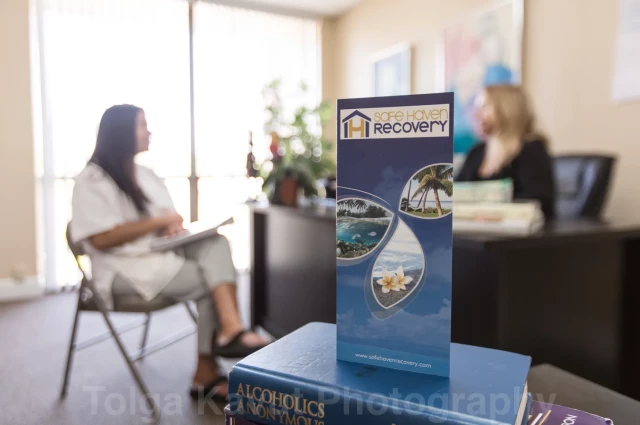Safe Landing Recovery Information
Treatment
Who We Treat
- Young Adults (18–25)
Treatment Focus
- Alcohol
- Co-Occurring Disorders
- Drug Addiction
- Smoking Cessation
Approaches
- Individual Treatment
- Evidence-Based
- Family Therapy
- Holistic
- Cognitive Behavioral Therapy (CBT)
- Motivational Interviewing
- 1-on-1 Counseling with Clinical Psychologist
- Eye Movement Therapy (EMDR)
- Life Skills Training
- Relapse Prevention Counseling
Conditions We Treat
- Depression
- Anxiety
- Bipolar Disorder
- Post Traumatic Stress Disorder (PTSD)
- Obsessive Compulsive Disorder (OCD)
- Codependency
- ADHD/ADD
- Anger
- Bipolar
- Eating Disorders
- Co-Occurring Disorders
Substances We Treat
- Alcohol
- Benzodiazepines
- Heroin
- Opioids
- Cocaine
- Methamphetamine
- Marijuana/Cannabis
Languages
- English
Aftercare
- Relapse Prevention Planning
- Intensive Outpatient Program
- Alumni Events & Get-Togethers
Level of Care
- Outpatient
- Intensive Outpatient Program (IOP)
- Day Treatment
- Outpatient Detox
- Detox
- Residential Rehab
- Co-Occurring Mental Health
Experience
On-Site Amenities
- Access to Nature
- Basketball Court
- Fitness Center
- Gardens
- Gourmet Dining
- Outdoor Lounge
- Recreation Room
Personal Amenities
- Air-Conditioned Rooms
- Private or Shared Rooms
On-Site Activities
- Escape Room
- Yoga
- AA/NA Meetings
- Adventure Outings
- Beach Fitness
- Beach Walks
- Fly Fishing
- Games
- Movies
Off-Site Activities
- Adventure Outings
Accreditations
-
State department of health
Government agencies issue State Licenses, which grant rehabilitation organizations permission to conduct their operations lawfully within specific geographic regions. Licenses needed to operate are typically determined by the type of rehabilitation program offered by the facility and its physical location.

-
The Joint Commission
The Joint Commission accreditation for addiction and behavioral health is a prestigious recognition signifying a facility's commitment to delivering high-quality care and safety for individuals dealing with substance abuse and mental health issues. It involves rigorous evaluations and assessments, ensuring patients receive evidence-based treatment and exceptional care. This accreditation demonstrates a facility's dedication to continuous improvement and ethical practices, building trust among patients and healthcare professionals seeking top-tier addiction and behavioral health services.

Safe Landing Recovery Accepts The Following Insurance Plans
Find the best treatment options. Call our free and confidential helpline today!
